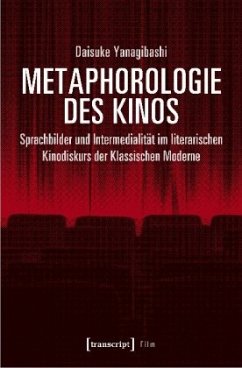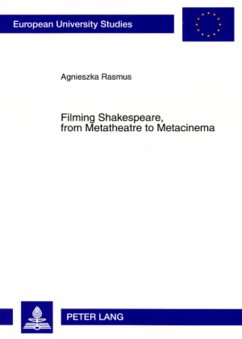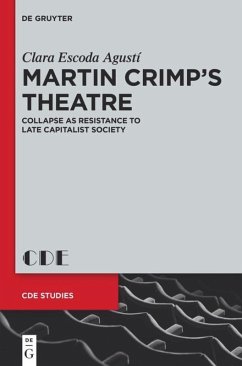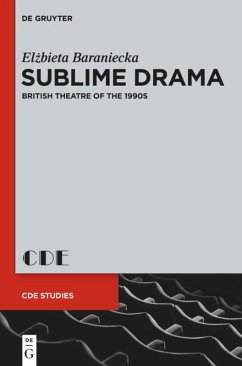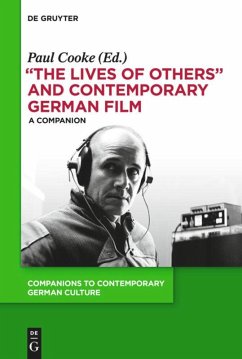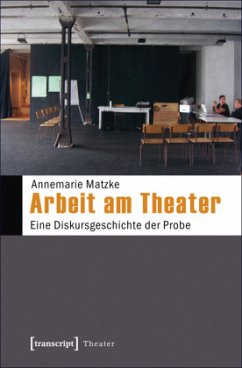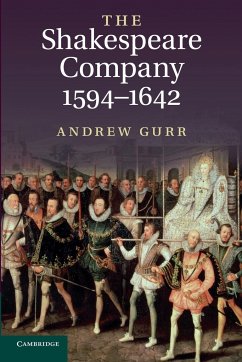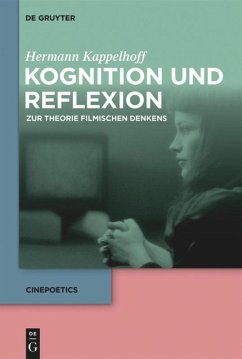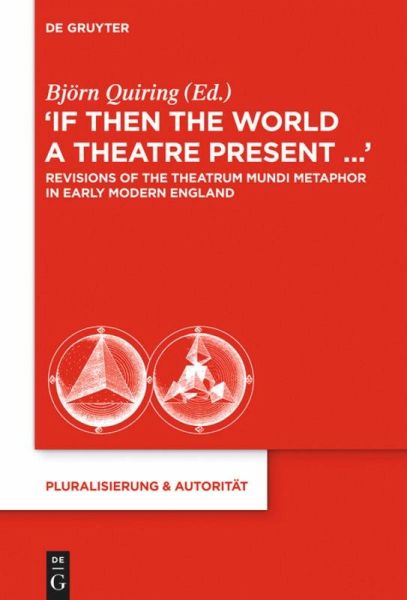
"If Then the World a Theatre Present..."
Revisions of the Theatrum Mundi Metaphor in Early Modern England
Herausgegeben: Quiring, Björn
Versandkostenfrei!
Versandfertig in 1-2 Wochen
86,99 €
inkl. MwSt.

PAYBACK Punkte
43 °P sammeln!
To metaphorize the world as a theatre has been a common procedure since antiquity, but the use of this trope became particularly prominent and pregnant in early modern times, especially in England. Old and new applications of the "theatrum mundi" topos pervaded discourses, often allegorizing the deceitfulness and impermanence of this world as well as the futility of earthly strife. It was frequently woven into arguments against worldly amusements such as the stage: Commercial theatre was declared an undesirable competitor of God's well-ordered world drama.Early modern dramatists often reacted ...
To metaphorize the world as a theatre has been a common procedure since antiquity, but the use of this trope became particularly prominent and pregnant in early modern times, especially in England. Old and new applications of the "theatrum mundi" topos pervaded discourses, often allegorizing the deceitfulness and impermanence of this world as well as the futility of earthly strife. It was frequently woven into arguments against worldly amusements such as the stage: Commercial theatre was declared an undesirable competitor of God's well-ordered world drama.
Early modern dramatists often reacted to this development by appropriating the metaphor, and in an ingenious twist, some playwrights even appropriated its anti-theatrical impetus: Early modern theatre seemed to discover a denial of its own theatricality at its very core. Drama was found to succeed best when it staged itself as a great unmasking.
To investigate the reasons and effects of these developments, the anthology examines the metaphorical uses of theatre in plays, pamphlets, epics, treatises, legal proclamations and other sources.
Early modern dramatists often reacted to this development by appropriating the metaphor, and in an ingenious twist, some playwrights even appropriated its anti-theatrical impetus: Early modern theatre seemed to discover a denial of its own theatricality at its very core. Drama was found to succeed best when it staged itself as a great unmasking.
To investigate the reasons and effects of these developments, the anthology examines the metaphorical uses of theatre in plays, pamphlets, epics, treatises, legal proclamations and other sources.




